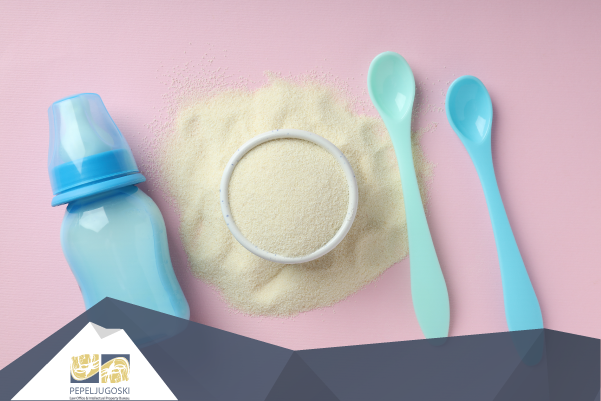Lawsuits related to talc-containing baby powder products, as well as other talc-based products from Johnson & Johnson, have become some of the most significant legal trials in recent years in the United States of America, raising critical questions regarding consumer safety, corporate responsibility, and ethics on a global scale.
Specifically, the renowned giant Johnson & Johnson has marketed its talc-containing products for decades, emphasizing their safety for baby care and personal hygiene. However, following the emergence of information regarding the production and sale of products allegedly contaminated with asbestos, a known carcinogen, lawsuits began to be filed against Johnson & Johnson in the early 2000s. These lawsuits were predominantly initiated by women claiming that prolonged use of talc contributed to their diagnoses of ovarian cancer.
The lawsuits encompass various legal claims based on different legal grounds:
- Negligence: Some plaintiffs allege that Johnson & Johnson failed to ensure the safety of its products, accusing the company of gross negligence and irresponsibility toward the end consumer.
- Failure to Warn: Some plaintiffs contend that Johnson & Johnson did not adequately warn the public, specifically failing to inform consumers of the potential risks associated with the use of talc-based products.
- False Advertising: Certain plaintiffs claim that Johnson & Johnson misled consumers regarding the safety of its products, resulting in unintended health risks.
One of the most significant legal proceedings initiated against Johnson & Johnson is the so-called Missouri Trials. In 2018, the jury awarded a monetary compensation of $4.7 billion to 22 women—plaintiffs and victims in the case, specifically citing negligence on the part of the defendant, Johnson & Johnson. However, appeals filed by the defendant led to a reduction in the awarded damages, highlighting the complexity of proving causation in relation to the incurred harm.
At the same time, as legal battles continue, the scientific community remains divided regarding the safety of talc used in products. Some studies suggest a link between the use of talc-containing products and ovarian cancer, while others do not find significant evidence. Some studies that do not establish a connection between talc products and health issues support the defendant, Johnson & Johnson, which asserts that its talc products are safe, claiming that their internal investigations have determined that the products are completely safe and not contaminated with asbestos.
In response to the lawsuits it faces, during 2020 Johnson & Johnson announced that it would cease the sale of its talc-containing baby powder in North America. Additionally, the numerous lawsuits citing serious health allegations have heightened calls from plaintiffs and consumers for regulatory scrutiny and increased oversight by national agencies over products released into the market.
As of this moment, Johnson & Johnson is facing lawsuits from more than 62,000 plaintiffs who claim that its talc-containing baby powder, as well as other talc-based products, were contaminated with asbestos and caused ovarian cancer and other types of cancer. Considering these lawsuits and the significant monetary damages awarded by the courts to plaintiffs, the subsidiary of Johnson & Johnson, Red River Talc, filed for bankruptcy proceedings in the competent federal court in Houston on September 20, 2024. Simultaneously, the giant is attempting to reach a settlement of approximately $10 billion, which would encompass and resolve tens of thousands of lawsuits alleging that the company’s talc and other talc-containing products are carcinogenic.
Opponents of this bankruptcy filing, primarily attorneys representing plaintiffs and potential victims, argue that Johnson & Johnson is manipulating the bankruptcy process through its subsidiaries to minimize the legitimate claims of the plaintiffs/victims. If Johnson & Johnson or its subsidiaries succeed in their third attempt at bankruptcy, bankruptcy judges may impose global settlements that would permanently halt all related lawsuits and prohibit the filing of new claims.
The lawsuits against Johnson & Johnson’s talc-containing products highlight the critical intersection of public health, corporate ethics, legal standards, and consumer safety. In any case, these lawsuits underscore the need for greater transparency and accountability within the consumer products industry. It is certain that the outcomes of these legal proceedings are likely to influence not only Johnson & Johnson’s practices but also the broader legal framework governing product safety in the future, on a global scale.

